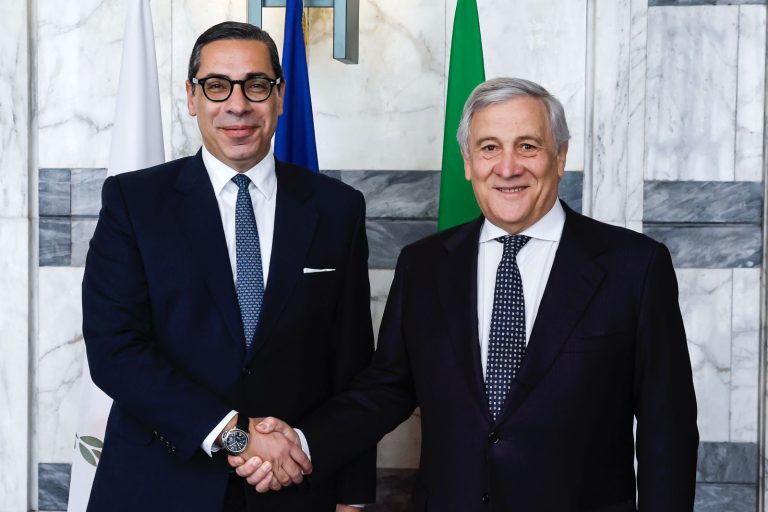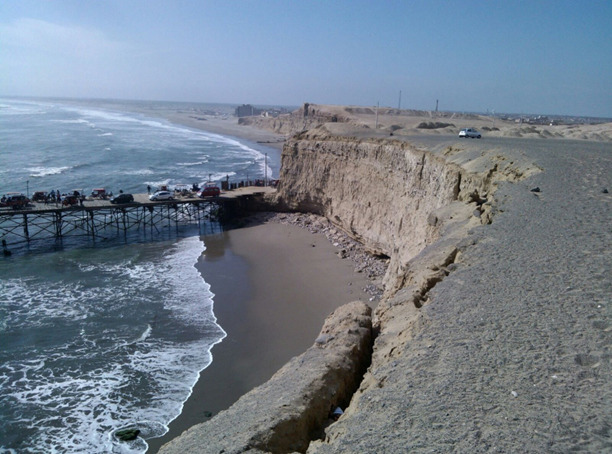Today, the Minister of Foreign Affairs and International Cooperation, Enzo Moavero Milanesi, at the presence of the President of the Republic, Sergio Mattarella, will open the fourth edition of “Rome MED – Mediterranean Dialogues”. The Conference, promoted by the MAECI and the ISPI (Institute for International Political Studies), is now acknowledged to be the major forum of reflection and debate on an enlarged Mediterranean. In the ranking of “Global Go to Think Tank Index” 2017 of the University of Pennsylvania, Rome’s MED Dialogues Conference is placed second in the “Best think tank Conference” category, after the Shangri-La Dialogue of Singapore.
The Rome-hosted Conference will be attended by more than 40 Heads of State, Prime Ministers, Foreign Ministers and representatives of International Organizations, 800 personalities from the world of politics, business, culture and civil society, and the members of 80 think thanks and international institutions from more than 50 Countries, who will be given the opportunity to debate in over 30 events. Indeed, the three-day event schedules eleven pre-MED meetings, ten plenary sessions, six “Policy Forums” and six “Special Dialogues” on the major challenges for the Mediterranean region. Prime Minister Giuseppe Conte will close the proceedings of the Forum on Saturday, 24 November.
Once again, the high-ranking participants and the quality of the programme bear witness to the success of the Forum which, in only a few years, has projected Italy as the ideal place for an informal, in-depth and open dialogue on the future and challenges of the enlarged Mediterranean. Italy, thanks to its history and geographical location, has always traditionally been staunchly committed to fostering a common destiny of peace and prosperity in the region and has promoted this goal within all major International Organizations, starting from the European Union, the United Nations, NATO and OSCE, of which it holds the Chairmanship-in-Office this year.
The MED Dialogues therefore offer the opportunity to put the Mediterranean back on top of the international agenda by stimulating an active debate on the challenges tackled by a region of primary strategic importance for Italy, in addition to favouring reflections on and the development of a strategy to relaunch the area of the Middle East and North Africa, through the joint development of a “Positive Agenda” for the region. From Italy’s perspective, the Mediterranean must rediscover its vocation to be the global linchpin between Europe, Africa and Asia, and the area concentrating the convergence and promotion of sustainable growth and development opportunities offered by the ongoing globalisation process.
Thus, the Conference forms part of the strategic orientation of our foreign policy, consequently making it, among other things, consistent with the Conference “for” and “with Libya held in Palermo last 12-13 November and with the Italy-Africa Conference of 25 October.
The 2018 edition of Rome MED will be structured around four “pillars”: shared prosperity; shared security; migration; culture and civil society. The themes addressed correspond to the general strategic goals of Italy’s foreign policy in the security and defence sector, without however overlooking the economic, social and cultural dimension. The agenda also includes thematic focus sessions on the role of innovation in economic growth, the Global Compact to regulate migration flows, the action of civil society organizations, and the role of energy as an instrument of cooperation and economic growth. Specific debates will also focus on the critical situation in Libya, Gaza, Yemen, Syria, Tunisia and Iran.
The MED Dialogues Conference opened following a careful preparatory process. A number of events called “Towards-MED” were held in London, Rabat, Istanbul, Brussels, Moscow and Washington over the past few months, in cooperation with the major international think tanks. Moreover, two “PreMED” sectoral dialogues – on youth, women, cooperation, policy planners, media and enterprises – were held on 21 and 22 November with the aim of further contributing to expand the dialogue.



